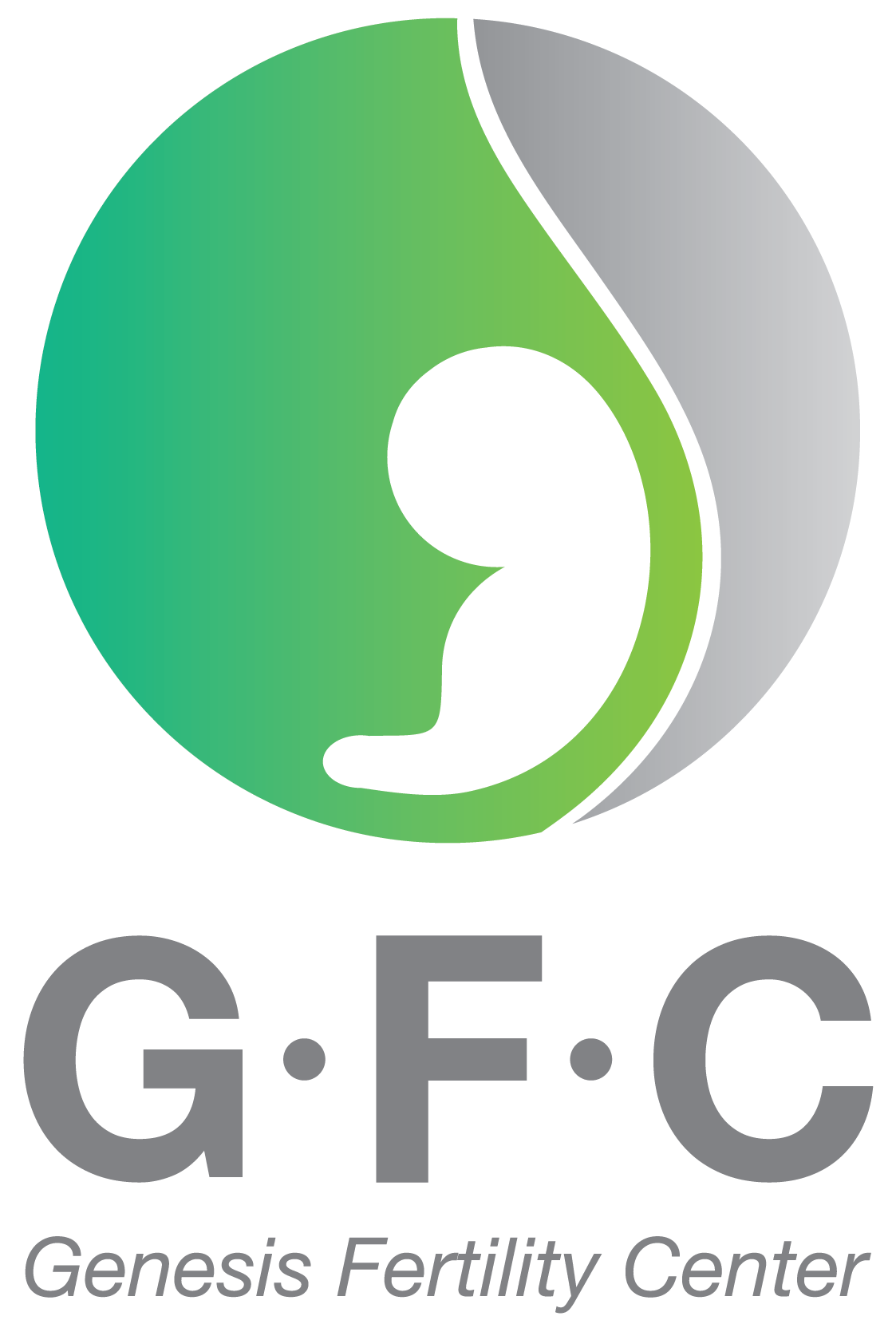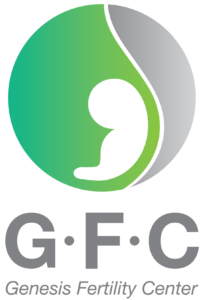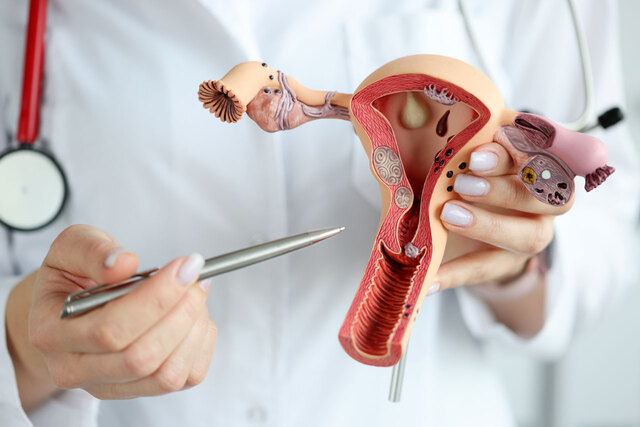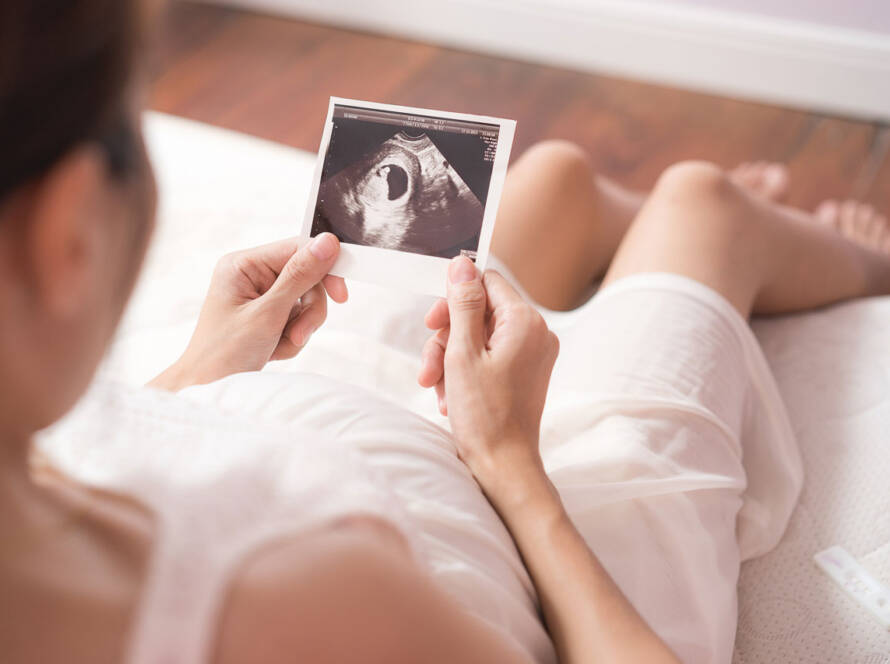IUI is the first option for treating infertility in couples who wish to conceive a child.
The problem of infertility can be a heartbreaking issue for some couples who are unable to conceive naturally despite having regular sexual intercourse and not using birth control for a year. Intrauterine insemination (IUI) is one of the options available for couples who want to have a child because it increases the chances of successful pregnancy by 10%. However, nowadays there are several methods available for treating infertility, including in vitro fertilization (IVF) and IUI, both of which have different procedures and are more effective than natural methods.
This article aims to provide a deeper understanding of the IUI procedure for treating infertility, including its advantages and precautions, as well as its suitability for couples. It also covers the necessary preparation for the treatment to help couples make informed decisions about having a child.
What is IUI?
IUI, or Intrauterine Insemination, is a method of artificial insemination that involves injecting prepared sperm into the uterus, and is considered to be the closest method to natural conception. In IUI, selected and viable sperm are injected directly into the uterus on the day when the woman is ovulating, where the sperm will move towards and fertilize the egg in the fallopian tube. The IUI procedure increases the chances of successful fertilization, and the percentage of success is higher than natural conception. To ensure the best chances of success in the IUI process, the male partner should have a large number of viable sperm, at least 5–10 million, after going through a screening process. Having fewer viable sperm may lower the chance of pregnancy.
When is IUI treatment used?
IUI is a preliminary treatment for infertility caused by various factors, such as male factor infertility with low sperm count or decreased sperm motility, or female factor infertility with an unfriendly cervical mucus or issues with the uterine cavity.
It is also used for couples who cannot have intercourse due to disability, injury, or other problems, such as premature ejaculation.
However, IUI is not suitable for women with severe tubal disease, both tubes blocked, a history of pelvic infections or other sexual problems, and those with endometriosis, a condition in which the tissue lining the uterus grows outside of it. Normally, this tissue grows inside the uterus, but if it grows outside of it, it is called endometriosis.
The procedure for performing IUI:
Initially, the doctor will use medication to stimulate ovulation. In this case, a detailed examination is necessary to determine when the egg will reach full maturity, as the IUI procedure is typically performed during the time of ovulation, which occurs approximately 24–36 hours after the luteinizing hormone (LH) increases. This increase is an indicator that ovulation will occur shortly.
In the laboratory, the doctor will perform a process known as “sperm washing,” which involves extracting healthy sperm in a concentrated amount. This process helps to eliminate chemicals in the seminal fluid that may interfere with fertilization and increase the difficulty of pregnancy.
To proceed with the IUI procedure, the doctor will insert a thin, flexible catheter through the cervix and into the woman’s uterus, and then attach a small syringe filled with sperm to the catheter. This process is aimed at delivering the highest concentration of healthy sperm directly into the uterus, increasing the chances of fertilization. Pregnancy occurs when a healthy sperm fertilizes an egg and is implanted in the uterine lining.
How to prepare for IUI:
Couples undergoing IUI treatment should undergo a thorough health checkup and fertility testing before the procedure, including ultrasound examination of the ovaries, analysis of male semen quality and quantity, screening for sexually transmitted infections and other infections, as well as blood tests for both partners. During the treatment, the female partner may be advised to take folic acid supplements for at least three months before the IUI procedure.
IUI is considered a treatment method that does not require anesthesia for the female partner and is relatively low risk compared to other fertility treatments, as it does not cause pain or discomfort. However, the risks of performing IUI include:
- In cases where there are multiple eggs, there may be a higher chance of conceiving twins or more, and there may be a risk of premature delivery and low birth weight.
- Infection is a rare occurrence, but it may cause slight vaginal bleeding in the female partner.
- Overstimulation of the ovaries due to excessive use of ovulation-stimulating medications can result in side effects such as swelling and pain in the female partner’s ovaries.
- Ovarian Hyperstimulation Syndrome (OHSS) may occur when the ovaries are stimulated excessively, which can happen when too much medication is given, and this may cause symptoms such as abdominal discomfort.
What to do after sperm injection:
After injecting sperm into the uterus, the woman can continue with her daily activities and even engage in sexual intercourse as usual. However, if there are any abnormal symptoms such as abdominal pain or slight bleeding, pain relief medication can be taken. Nevertheless, in the event of any significant abnormalities, immediate medical attention should be sought, such as severe abdominal pain, nausea and vomiting, frequent breathing, sudden weight gain, dizziness or fainting.
Success rates of getting pregnant with IUI:
For couples who want to have a child, treating infertility with IUI depends mainly on the “age” which is the most important factor in getting pregnant. Medical professionals generally recommend that couples seeking treatment for infertility with IUI do so before the age of 40 to increase the chances of getting pregnant. The success rates of IUI are as follows:
– Age 20–30 years old: Chance of getting pregnant is 17.6%
– Age 31–35 years old: Chance of getting pregnant is 13.3%
– Age 36–38 years old: Chance of getting pregnant is 13.4%
– Age 39–40 years old: Chance of getting pregnant is 10.6%
– Age over 40 years old: Chance of getting pregnant is 5.4%
Is IUI better than IVF?
When deciding on a treatment for infertility, many couples who want to have children often choose to try IUI before turning to IVF because IUI is generally less expensive. However, the choice of treatment depends on the discretion of the doctor as to which method, IUI or IVF, is more suitable for the couple. This decision may depend on factors such as age or the underlying cause of infertility for each individual couple. In reality, one treatment may not be inherently better than another, but choosing the appropriate method may increase the chances of successfully achieving pregnancy.
What is the recommended number of IUI attempts before doing IVF?
Doctors who treat infertility typically recommend that couples undergo three cycles of IUI before moving on to IVF. However, if you are over 40 years old, your doctor may suggest only one cycle of IUI before moving on to IVF, as the success rate for IVF is higher. If you are unable to conceive after three cycles of IUI, your doctor will consider further treatment options.
Now that you know about IUI as a treatment for infertility, if you are interested in consulting or receiving treatment for infertility, Genesis Fertility Center is a clinic that provides medical services using technology and innovation to assist with fertility and address problems related to infertility. The clinic offers services ranging from identifying the causes of infertility to selecting appropriate treatment options that are cost-effective and have the highest chance of success, as well as providing initial cost estimates and guiding you through the process.
Call Center 097-484-5335
Monday–Friday: 9.00–20.00 Saturday–Sunday: 8.00–20.00.



